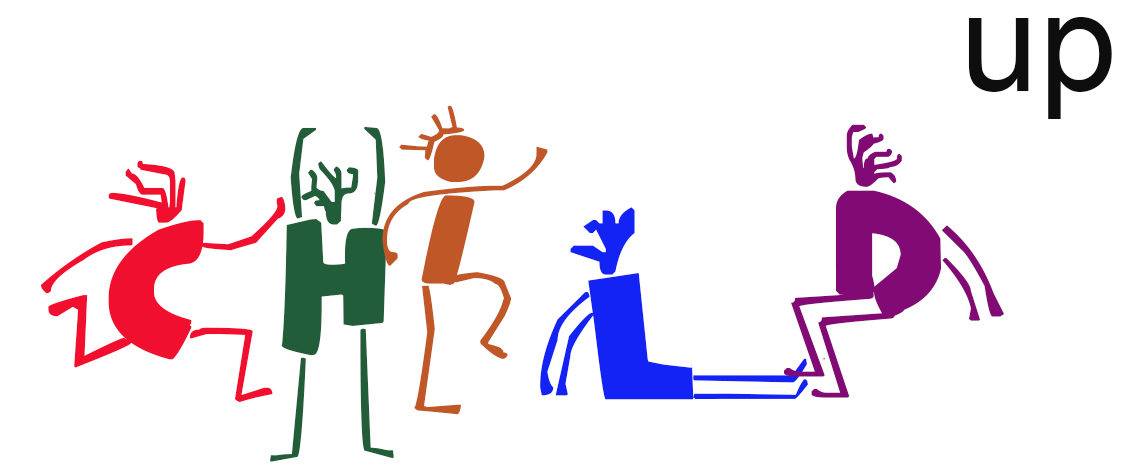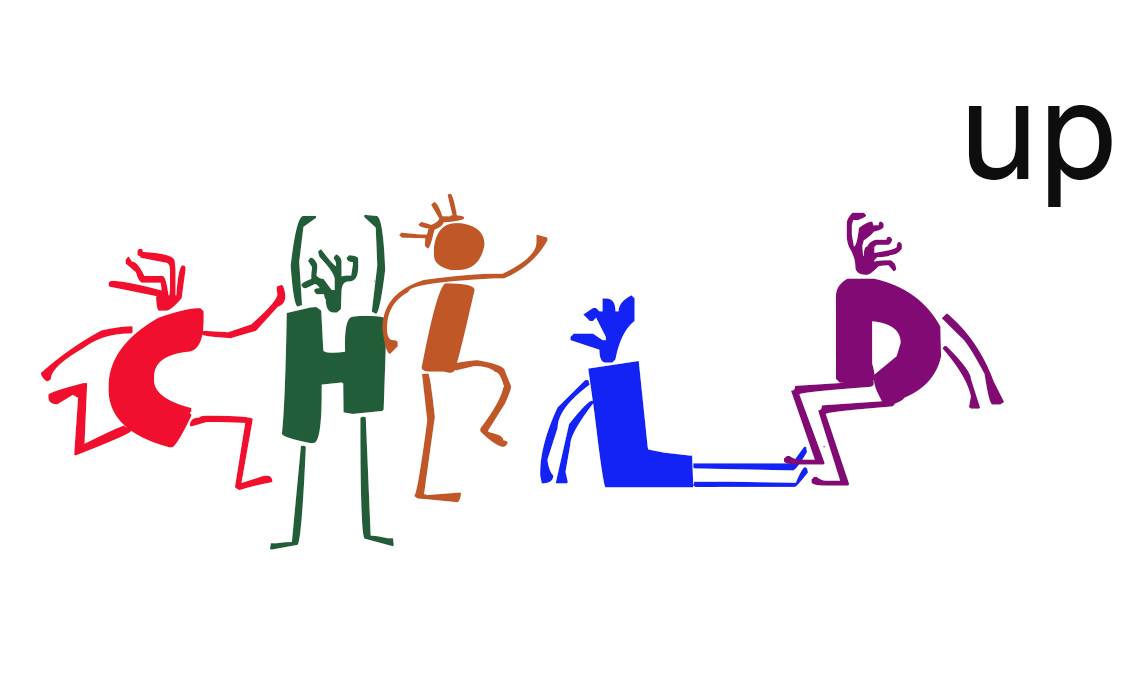Work Packages
Work package 1. Ethics
This work package has the objective to ensure compliance with the ethics requirements that the project must comply with, such as providing ethical guidelines, templates of informed consent forms, reports on ethical issues, which are included as deliverables in the work package.
Work package 2. Management
This work package involves coordination and management, being decisive for the smooth running of CHILD-UP. Tasks will deal with project representation, relation with the EC, handling of all organisational issues, coordination of the consortium, progress monitoring and financial management and reporting. Special attention will be devoted to data management and quality assurance plans.
Work package 3. Background Analysis
This work package concerns the realisation of a background research and analysis on migrant children’s condition of integration in Europe. The work package provides a desk research and analysis of existing data on migrant children’s lives in Europe and the specific regions of the partners, including legislations and respect of human rights, the evaluation of best practices of integration both inside and outside the school system. The information gathered through these activities will be synergetic with the focused quantitative research and will inform the qualitative focused research by each partner.
Work package 4. Quantitative Analysis
This work package concerns collection, analysis and reporting of quantitative data about schools, social services, reception centres and other agencies, including: (1) general variables regarding migrant children, as first or second generation migrants with a long story in the country of emigration, children of recent refugees or asylum seekers; unaccompanied children; (2) the educational and social situation of migrant children.
Work package 5. Qualitative Analysis
This work package concerns collection, analysis and reporting of qualitative data, concerning: (1) the ways in which professionals of the different organisations enable children to learn and motivate them to participate in the social processes in which they are involved in several schools; (2) children’s expectations, levels of trust, present and desired future activities, relationships with the protection systems (where existing) and the school system, and evaluation of social factors.
Work package 6. Evaluative Analysis of Activities
This work package regards an evaluative research of activities in schools, which may include second language teaching, language and intercultural mediation, intercultural education, facilitation of other activities, for instance concerning memory and identity. This work package regards the ways of enhancing integration through pupils’ active participation. The collection of data is based on the use of mix methods, i.e. video-recording of activities, administration of pre-test and post-test questionnaires to the pupils for assessment of activities, focus groups with the pupils for further comments and general expectations.
Work Package 7. Innovation
This work package produces a research-based proposal regarding integration as active participation, which is based on dialogic methods. This proposal includes a series of tools: (1) archive of selected research-based materials concerning dialogic activities and representing children’s participative and learning experiences; (2) guidelines for dialogic methods; (3) package for professionals’ training, made available in written form and as a Massive Open Online Course (MOOC); (4) package for self-evaluation of future activities. These tools are included in a multifunctional e-platform.
Work package 8. Dissemination, Communication and Stakeholder Networking
This work package ensures that the achieved research and innovation breakthroughs are disseminated to as wide and relevant an audience as possible. Multiple activities are undertaken, including implementation and coordination of the international and local stakeholder committees and management of the website, as well as a communication strategy to organise dissemination events at national and international levels to give relevance to the innovative tools produced in WP6. Likewise, different exploitation strategies will be assessed during the lifespan, with the involvement of the international and local stakeholder committees.

